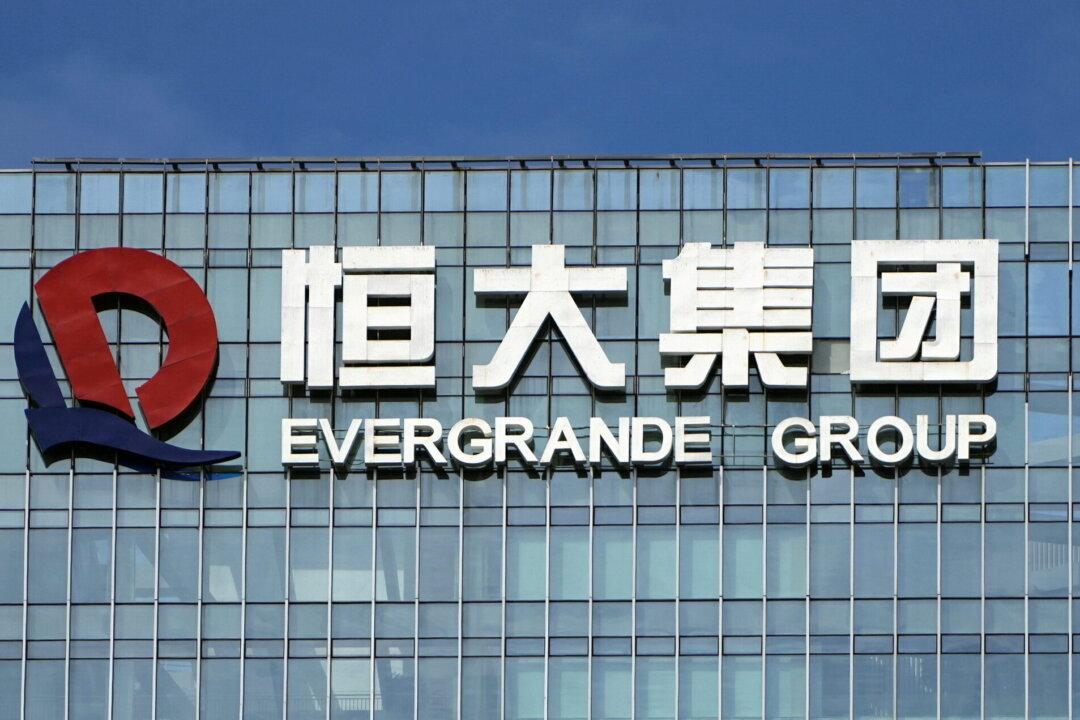Commentary
After dithering for months, Beijing has made its intentions explicit. It will execute a plan to deal with the Evergrande threat to China’s financial system and by extension to the global financial system.

After dithering for months, Beijing has made its intentions explicit. It will execute a plan to deal with the Evergrande threat to China’s financial system and by extension to the global financial system.